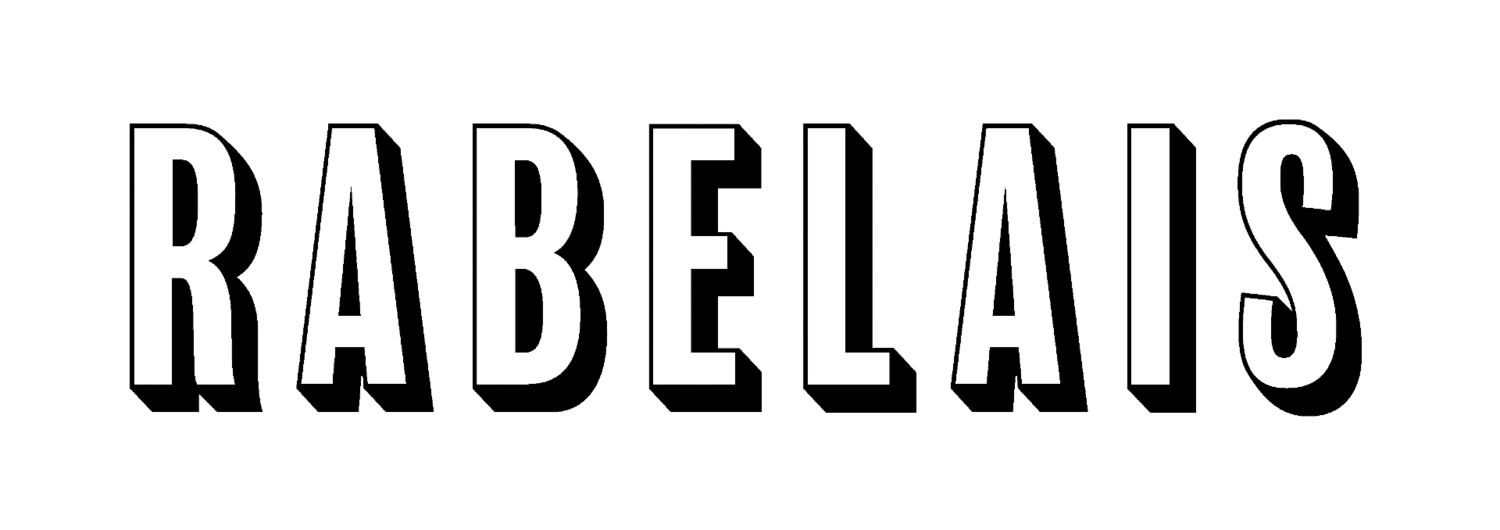A Pompous and Arrogant Man
Last year, at the tender age of 32, I was diagnosed with autism. Looking back a lot of things came into focus as to why I exhibited certain behaviours throughout my life. It also helps explain why I impulsively decided to return to university as a mature-age student 12 months later. Other aspects of this diagnosis are still a learning process for me, or maybe they should be a learning process for others?
Many times in my life my reluctance to speak has been misinterpreted by others as shyness at best, or rudeness at worst. The advent of social media has been a fantastic development for me, and others like me who have become able to contribute to conversations fluidly and develop relationships without having to worry about eye contact or body language. These are social expectations that are not always comfortable or natural for neurodivergent people.
Sometimes even written dialogue can still be a minefield. I’ve been called pompous, arrogant, rude, condescending and more. What did I say that was so offensive? As it turns out, making a dispassionate, concise, declarative statement with insufficient salutations or phatic expressions can be perceived as anger, bluntness, and aggression. I’ve had to apologise in the past when stating facts that disagree with the worldview of the person I’m talking to. This challenge is sometimes perceived as a personal attack against the very core of who they are. I’ve seen a bit of this lately on the LaTrobe StalkerSpace Facebook group.
Now, don’t get me wrong, if I wrote about how I am always right and these neurotypical plebs are simply too naive to sufficiently comprehend my wisdom, then you’d probably have a good case to call me pompous and arrogant. Please don’t think for a moment that I’m absolving myself of responsibility here. I understand that not only may my “facts” sometimes be wrong, but that firing out statements without sufficient context or clarifications of intent isn’t to be simply shrugged off as a trait of autism. An autism diagnosis isn’t a free pass for being a dickhead.
I’ve spent a long time trying to figure out the nuances of interpersonal communication and as much as I can learn what is expected of me, that doesn’t mean it’s going to make sense to me, and I’m not sure if it will ever come naturally. For example, when composing formal emails, while the protocol might dictate that I begin
“Dear Sam,
I hope you’re well…”
I often forgo this, and truncate the salutation to
“Sam,
Here is the information you requested.”
Many work colleagues have found this to be unusual (although no client has ever complained), but why? Neither myself, nor the recipient really have any personal connection. We’re doing our jobs. Why pretend like I care about them?
I know what you’re thinking.
“Jackson, implicitly acknowledging that you don’t care about the person you’re interacting with is rude. That’s what rudeness is.”
You’re right, I get it. But I also don’t get it. That’s sort of the problem. I can understand the convention, why it’s there, but there’s also my inner voice questioning this every time.
“I know that I don’t really feel all of these pleasantries. I know the person I’m talking to doesn’t believe them either. And I know they know I don’t believe them. Yet we must participate. We must not acknowledge the lack of connection between us. We must not speak the name of the void that exists between us all.”
You can see the problem here. It quickly descends into some sort of Twilight Zone where we’re all pretending to be humans, but actually, every single one of us is an imposter and if we don’t pretend hard enough then we’ll be discovered! Of course, this is really over-thinking it, but that’s just another part of the problem.
I know I can’t ask for us all to drop the veil, some people probably like the veil. What I will ask for though, is a little understanding. If someone sends you a message and they haven’t added a smiley emoji, that doesn’t mean they’re unhappy with you. If someone is talking to you and they don’t make eye contact, that doesn’t mean they’re intentionally disrespecting you. If someone tells you some information that conflicts with your understanding of the world, it might not be a personal slight. I have done all these things to others and, more often than not, there’s no implicit communication intended. As I said, my diagnosis isn’t a free pass for rudeness, but I may be experiencing anxiety, overwhelmed by my environment or some other factor that means I have neglected to communicate to you that I respect you and I am interested in our conversation.
